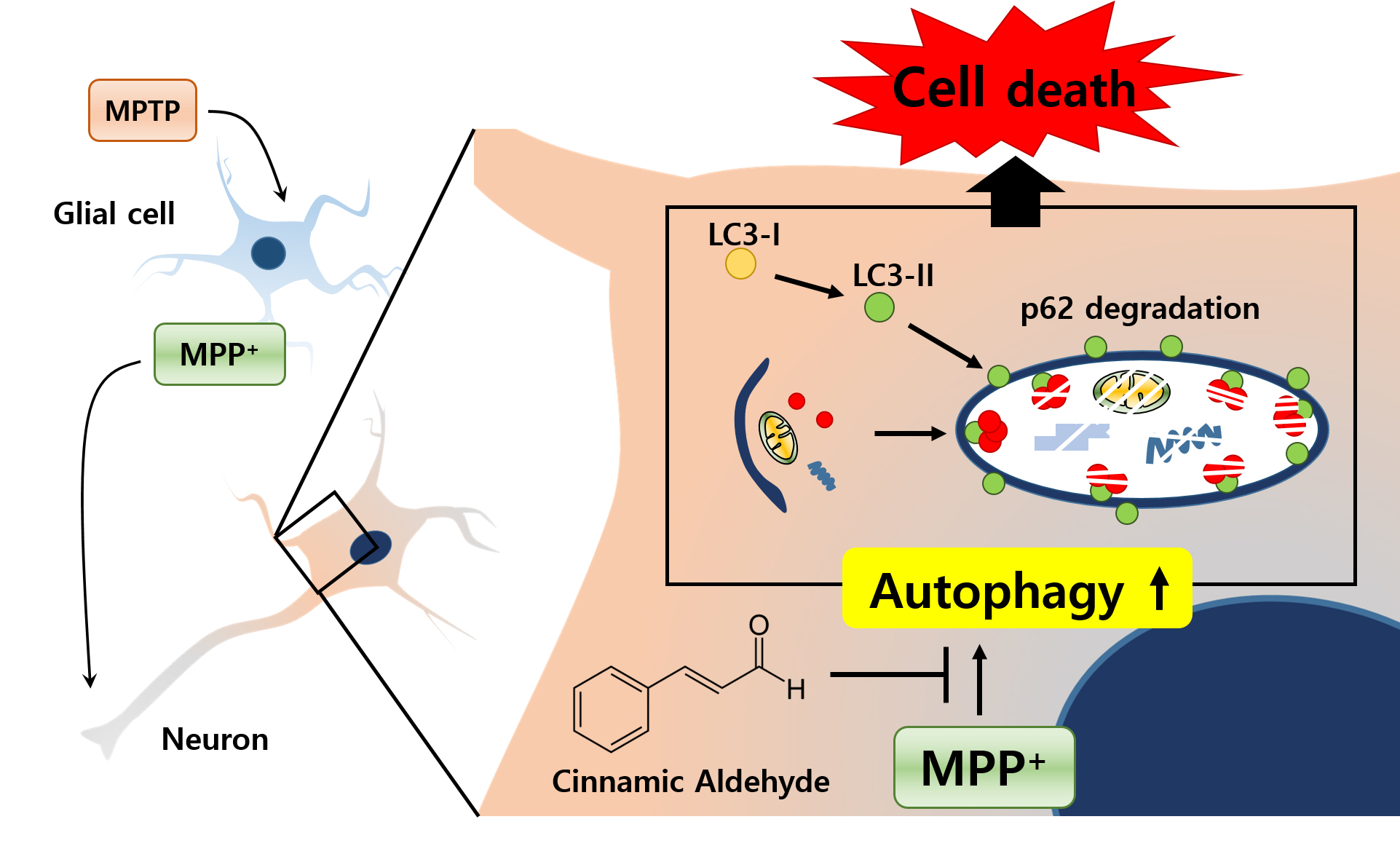The MPTP was originally discovered by Haworth and Hunter in 1979 and has been found to be involved in neurodegeneration hepatotoxicity from Reye-related agents cardiac necrosis and nervous and muscular dystrophies among other deleterious events inducing cell damage and death. MPTP treatment also causes an inflammatory reaction because of the increasing expression of proinflammatory factors such as tumour necrosis factor α TNF-α in.

Ijms Free Full Text The Neuroprotective Effects Of Cinnamic Aldehyde In An Mptp Mouse Model Of Parkinson S Disease Html
Use of MPTP causes which of the following diseases.

. It is clear that the administration of MPTP to. Although the cause of idiopathic Parkinsons disease remains unclear abundant evidence suggests that oxidative stress may contribute to dopaminergic neurodegeneration in MPTP-treated mice. We published these cases in Science in 1983 identifying MPTP as the likely cause of permanent parkinsonism in these patients and suggested that it was toxic to the zona compacta of the substantia nigra based on the clinical picture pure parkinsonism and the neuropathology of the single case reported earlier.
Once inside the brain MPTP is. MPP causes excessive binding of glutamate at the synaptic cleft. By their PISupervisor prior to starting work with MPTP.
MPT is one of the major causes of cell death in a variety of conditions. NWMSC nanowired mesenchymal stem cell. Injection of MPTP causes rapid onset of Parkinsonism however MPTP itself is not toxic and as a lipophilic compound can cross the blood-brain barrier.
I had almost forgotten this in press paper. MTBI is induced by CHI in mice for details see txt. This observation has led to an intensive effort to develop animal models of MPTP-induced toxicity in the hope of gaining insight into the etiology of Parkinsons Disease.
CHI concussive head injury. MPTP is a neurotoxin that causes permanent symptoms of Parkinsons disease. MTBI mild traumatic brain injury.
This causes Ca influx that leads to excessive production of ROS which damages the cell and cell death occurs finally Glutamatergic pathway. Over the past 8 years sporadic outbreaks of MPTP-induced parkinsonism have occurred among drug abusers. The compound N-methyl-4-phenyl-1 2 3 6-tetrahydropyridine MPTP has been identified in underground laboratory preparations of a potent analog of meperidine Demerol.
Recently a street-drug contaminant has appeared that can cause parkinsonism in drug abusers. Exposure to MPTP caused parkinsonian-like symptoms in a number of individuals.

Pathways To Parkinsonism Medical School Studying Nursing Fun Nursing Mnemonics

Lanthionine Ketimine Ester Improves Outcome In An Mptp Induced Mouse Model Of Parkinson S Disease Via Suppressions Of Crmp2 Phosphorylation And Microglial Activation Journal Of The Neurological Sciences

Parkinson S Disease Symptoms Causes And Natural Support Strategies Parkinsons Disease Parkinsons Disease

0 Comments